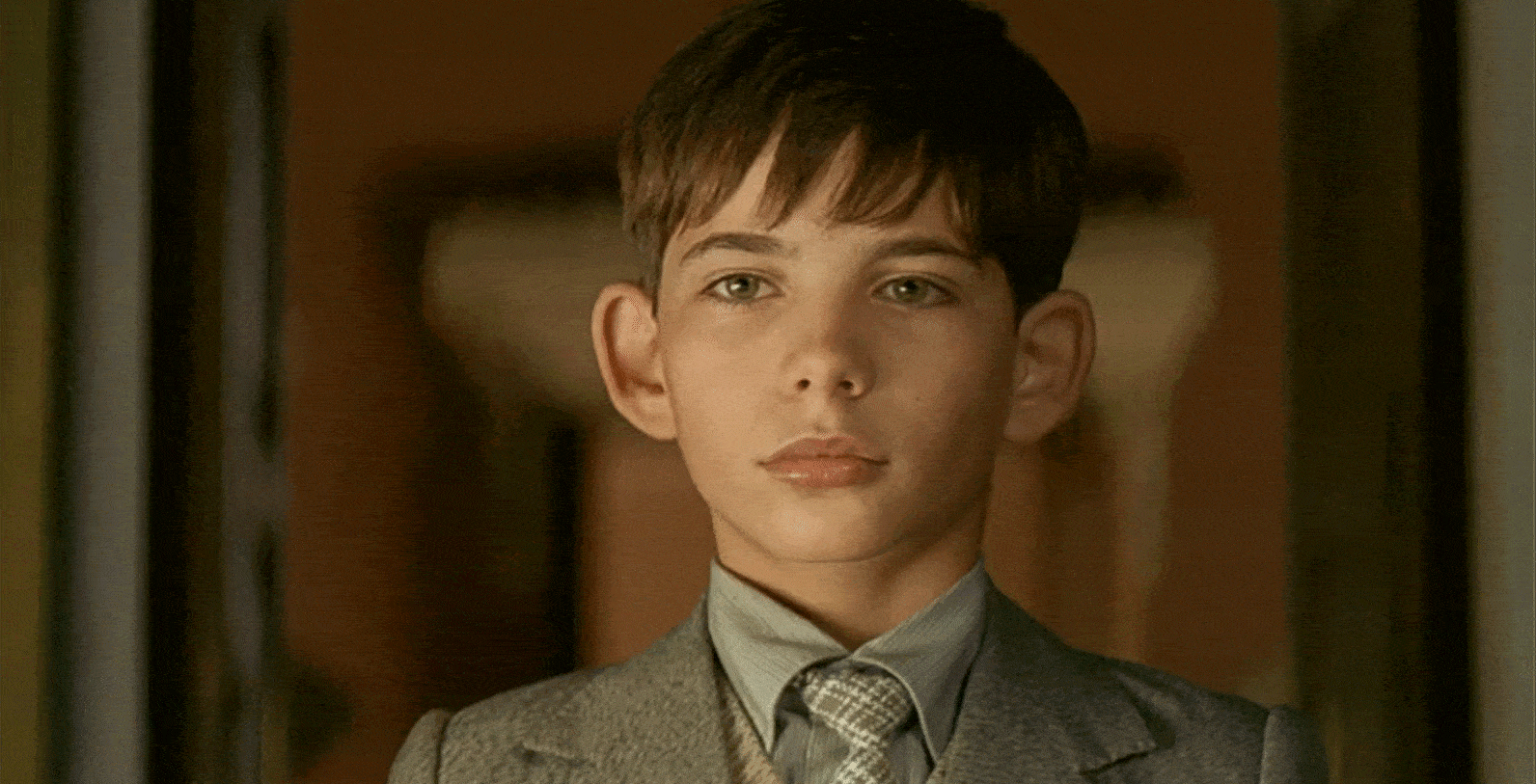Bad Education (La Mala Educación)
Why we chose this film
Who am I?
Most of us will answer this question with facts and data that can be found on our IDs.
Anything beyond that requires a certain level of self-awareness.
How do we actually construct our identity?
How much of it is based on how others see us?
We are raised with expectations that are imposed on us starting from the day we are born.
Often, the only way to escape these expectations is to escape the environment we were born into.
Beyond these expectations and the environment we grew up in, we are also shaped by impactful moments.
No matter the role we have had, observer or participant, perpetrator or victim, the past can’t be changed and often haunts us for the rest of our lives.
It seems like these moments are eternally ingrained in us.
But how much of the past, we so clearly remember, is based on what actually happened?
How much of it has been corrupted by the stories we have been told or the stories we have been telling ourselves?
Every decision we make is an opportunity to decide who we want to be or who we want to become.
So how about starting right now.
Film Summary
Precious little in ''Bad Education" is what it appears to be. As the layers of deception are peeled away, the movie begins to defy a satisfying synopsis. (You try explaining a jigsaw puzzle!)
Then again, Almodovar doesn't make movies to summarize, he make movies to watch. That sounds self-explanatory, I know. But the stories here are inextricable from the sounds and images -- Albert Iglesias did the haunting music, Jose Luis Alcaine the luscious photography -- and most of the images defy easy description. When someone falls over dead into the keys of a typewriter, its metallic arms fly toward the screen in an operatic burst and then collapse back into place. ''Bad Education" is a movie so vividly constructed that its greatness lies just outside mere words, anyway.
It's tempting to think in the initial passages we see of ''The Visit" that what's unfolding is Enrique's vision of how his movie will go. But if you buy that he's a stand-in for Almodovar at the birth of his film career, then that's impossible. There's no way he'd be as incredible a filmmaker then as Almodovar is now.
This is the movie the director has been leading up to since he turned a corner in 1995 with ''The Flower of My Secret." The elements of his outlaw days that produced such early highs as ''What Have I Done to Deserve This" and ''Law of Desire" are still intact; the farcical volume of ''Women on the Verge of a Nervous Breakdown" and ''High Heels" has been turned down; and the perfume and occasional preciousness of ''All About My Mother" and ''Talk to Her" has faded.
''Bad Education" is a marvelously dirty, ultimately heartbroken movie about, among other things, the instability of identities. After Ignacio's first sexual encounter with Father Manolo, the screen splits in two, dividing along the trickle of blood on the boy's forehead and warning us that, psychologically, he is irreparably broken.
Almodovar's own filmmaking identity has evolved dramatically through the years. His movies typically disguise themselves as lurid. But what's always made him a terrific artist and great entertainer is his gift for finding human sadness and great beauty in what on the surface looks trashy. He pulls this off without seeming tasteless, naive, or cheap.
The achievement of ''Bad Education" is its surprising emotional truth, which Almodovar introduces through innocent kids and complicates with exploitative adults. Young Ignacio and Enrique have what looks to be a perversely premature connection (how old are they again?), but it's the purest mutual love I've ever seen in an Almodovar film, however short-lived it is.
Wesley Morris | The Boston Globe









